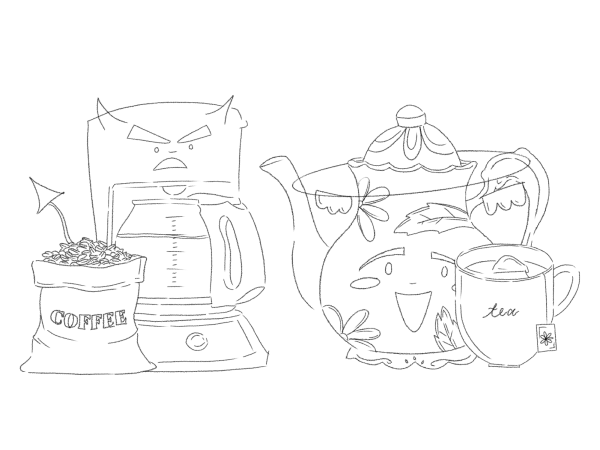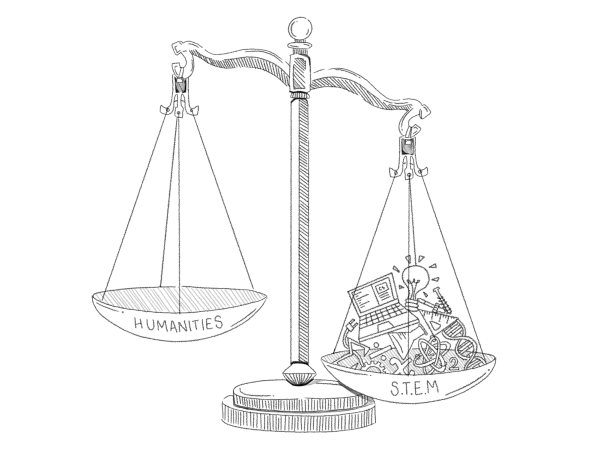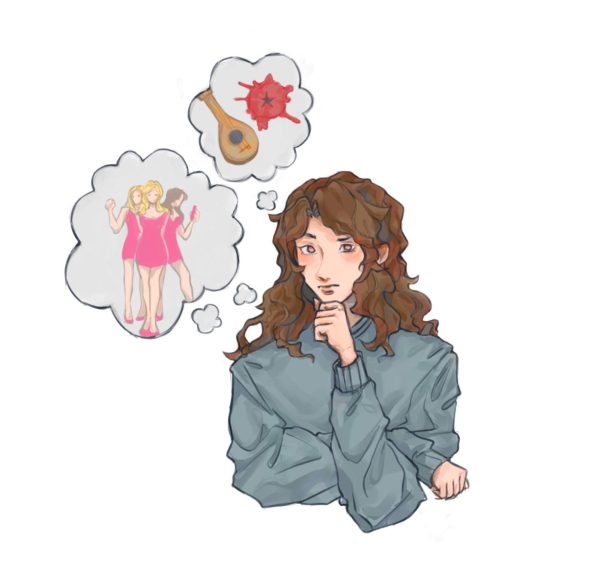Adolescence, thou art a heartless wench
October 28, 2013
By Riya
“Our youth now love luxury. They have bad manners, contempt for authority, they show disrespect for their elders and love chatter in place of exercise; they no longer rise when elders enter the room; they contradict their parents, chatter before company; gobble up their food and tyrannize their teachers.” -Socrates.
58.34% of my adolescence comprises of spending hours in my room, crying to The Smiths and thinking, “Nobody understands me!” My parents, with their smug oh-too-wise adult smirks and tired sighs, tell me repeatedly that “my problems aren’t the end of the world.” This isn’t an uncommon refrain.
The fact of the matter is, Socrates didn’t know shit about adolescence. Actually, most people don’t understand adolescence, even if they’ve survived it themselves. Aristotle compared teenagers to drunks, PBS did a series called “do your teens seem like aliens,” TIME magazine referred to teens as “a famously reckless species,” and there was a Supreme Court debate as to whether adolescence was akin to a mental disability. And all of these people were (most likely) teenagers at some point in their lives.
Now, I could spew out a bunch of cliches and tell you to “be yourself ” (whatever that means) or tell you that these are the “best years of your life,” but I won’t. I’m going to tell you exactly why teenagers are the way they are.
Compared to adults, teenagers are more at risk for addiction, making bad decisions, and feeling overwhelmed. Teenagers are impulsive, childlike, and more concerned about themselves than others. But – allow me to continue – there is a reason for that. Teenagers’ brains are still developing, and more importantly, our frontal lobes are still developing. The frontal lobe is the section of the brain that is responsible for regulating decision-making, problem-solving, emotions, consciousness and controlling purposeful behavior.
But this crazy inability to process rational thoughts is what makes teenagers amazing. It makes us amazing because we’re not afraid to reach for goals that adults would deem unreachable. There isn’t a constant voice in the back of our heads, holding us back and preventing us from taking risks. While that can be greatly detrimental, it can also be brilliant. And it often is.
Of course, understanding the science behind adolescence is not going to address the emotional aspect of it, but it can help adults and parents understand what is fundamentally going on and perhaps make them more patient.
Essentially, while the emotions teenagers feel are often not in line with the actual severity of the situation, these emotions need to be respected and cherished.












